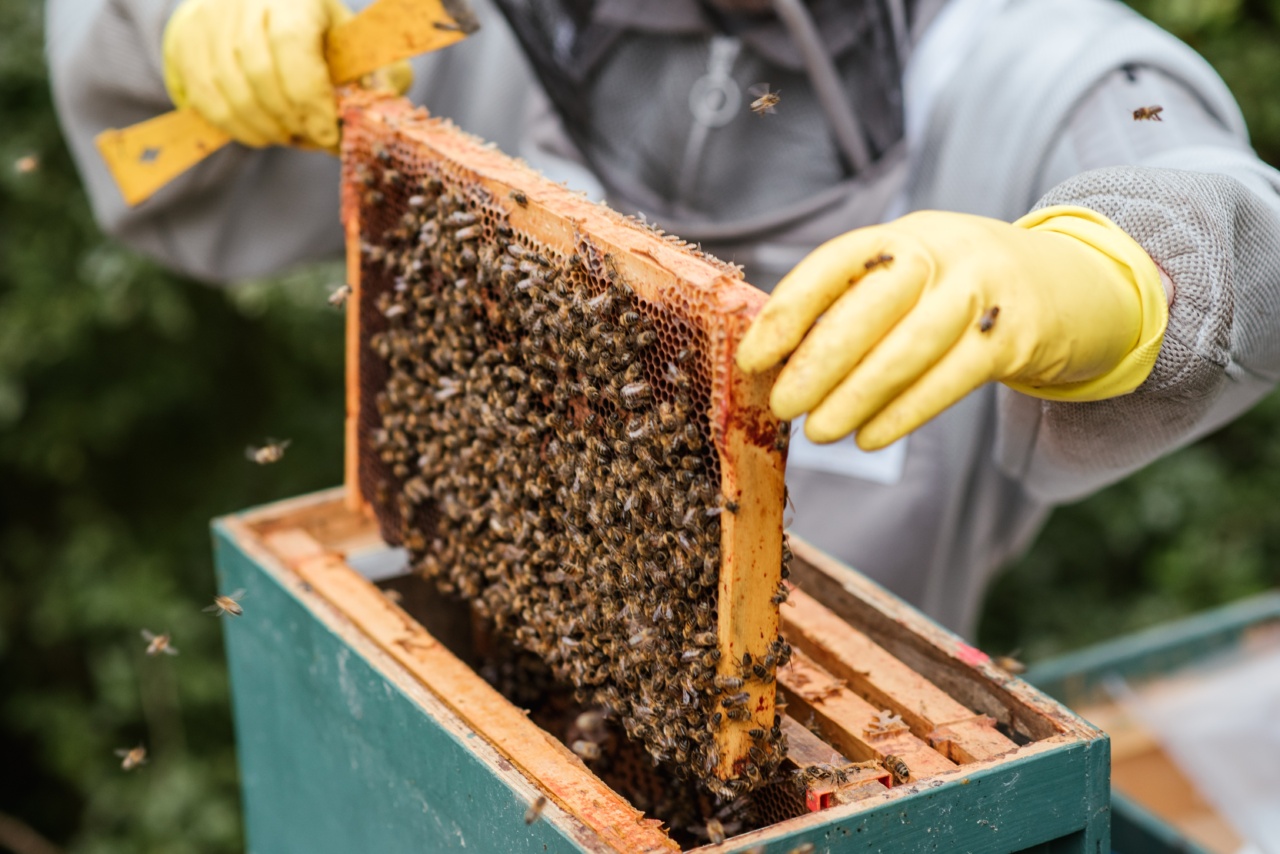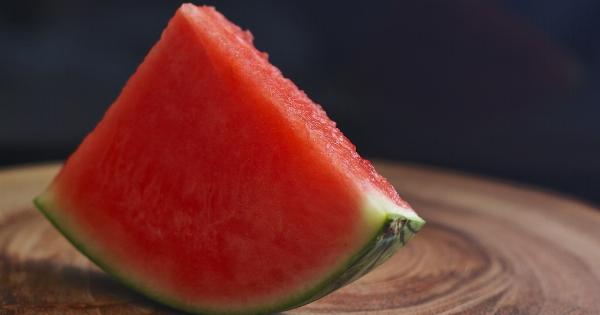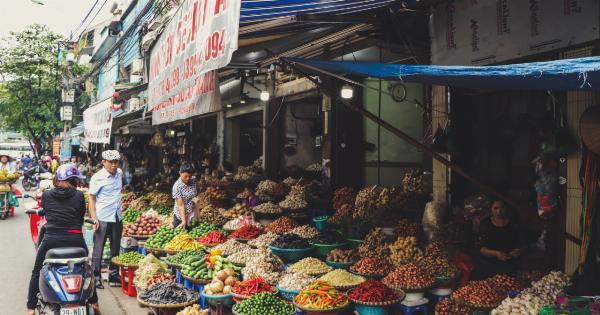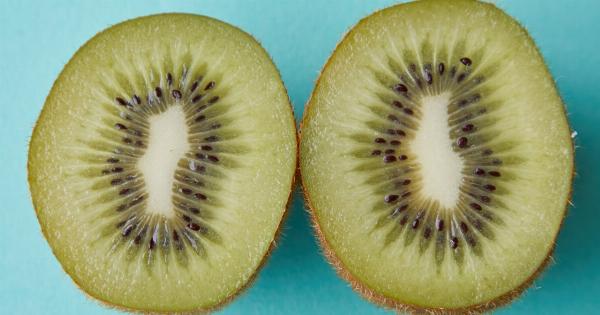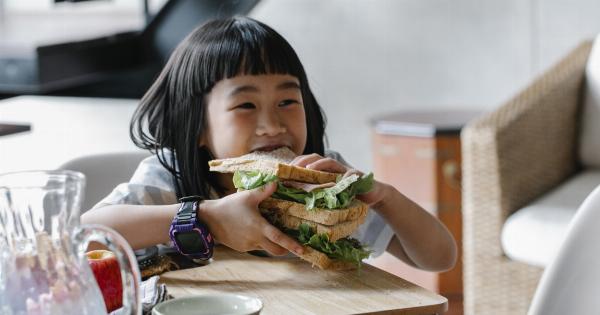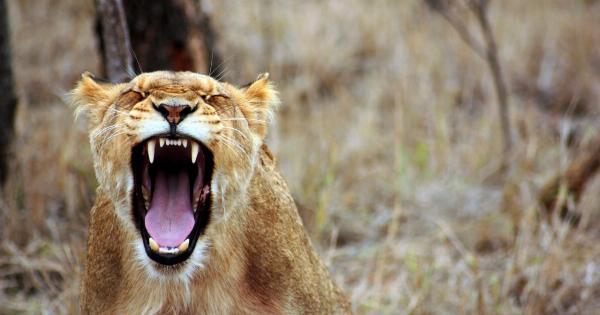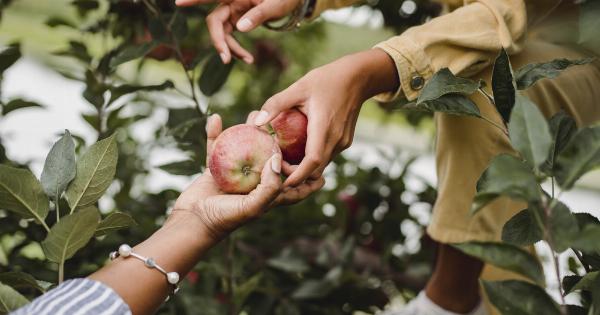Mutant foods are those that have been genetically modified to alter their characteristics. These foods are becoming increasingly popular as they have been designed to meet the needs of our modern world.
However, there is a catch to these so-called “superfoods.” Mutant foods have been known to cause a range of health problems in not just humans but also in pets. When it comes to feeding our furries, it’s important to be aware of the dangers of mutant foods as they can be a potential threat to their health.
What are Mutant Foods?
Mutant foods are produced through a process called genetic engineering. This involves taking the genes from one species and inserting them into the genes of another species to create a hybrid. These hybrid species are then grown to produce mutant foods.
Mutant foods are created to solve a specific problem. For example, some plants have been genetically modified to be resistant to pests, while others have been designed to produce higher yields.
These modifications are supposed to help us feed the increasing population and tackle problems related to food security.
Why Are Mutant Foods Becoming Increasingly Popular?
Mutant foods are popular for several reasons. One of the main reasons is that they have allowed us to produce crops that are resistant to pests and diseases.
This has resulted in a reduction in the use of harmful pesticides, which is a win for the environment. Mutant crops also have a longer shelf life, which reduces food waste and lowers costs related to food production.
Another reason why mutant foods are popular is that they have been engineered to contain more nutrients. For example, rice has been genetically modified to contain more vitamin A, which is a nutrient that is lacking in many developing countries.
How Do Mutant Foods Affect Your Pets?
Mutant foods do not only affect humans but pets as well. In fact, pets are more vulnerable to the effects of mutant foods than humans. This is because they have a shorter lifespan, and any health problems that arise may occur sooner.
Pets that are fed on diets that contain mutant foods are at an increased risk of developing health problems such as allergies, immune system deficiencies, and organ damage.
Additionally, since mutant foods are not natural, the body of a pet may not recognize them as food, which may lead to digestive issues and other health problems.
Are There Alternatives to Mutant Foods?
Yes, there are alternatives to mutant foods. The simplest alternative is to feed your pet with natural foods. Natural foods include homemade meals and commercially available foods that are made from natural ingredients.
Natural foods do not have any additives, preservatives or artificial ingredients that can harm your pet.
Another alternative is to feed your pet with organic food. Organic food is grown without the use of synthetic fertilizers, pesticides, or herbicides.
Organic foods are free from many harmful chemicals, and they are also of high quality, which makes them a great alternative to mutant foods.
What Can You Do to Keep Your Pet Safe?
To keep your pet safe from mutant foods, it’s important to read the ingredients on the label of the pet food you buy. Make sure you understand what each ingredient is and how it may affect your pet.
If you are unsure about an ingredient, do some research on it, or consult with your veterinarian.
Additionally, it’s important to feed your pet with balanced meals that contain all the essential nutrients. You can do this by feeding your pet a variety of natural or organic foods.
If you are unsure about what to feed your pet, you can consult with your veterinarian.
In conclusion, mutant foods may be popular for humans, but they are not suitable for pets. Feeding your pet with mutant foods can lead to a range of health problems. To keep your pet safe, introduce them to natural or organic foods.
Always read the label of the food you buy and consult with your veterinarian when unsure.
